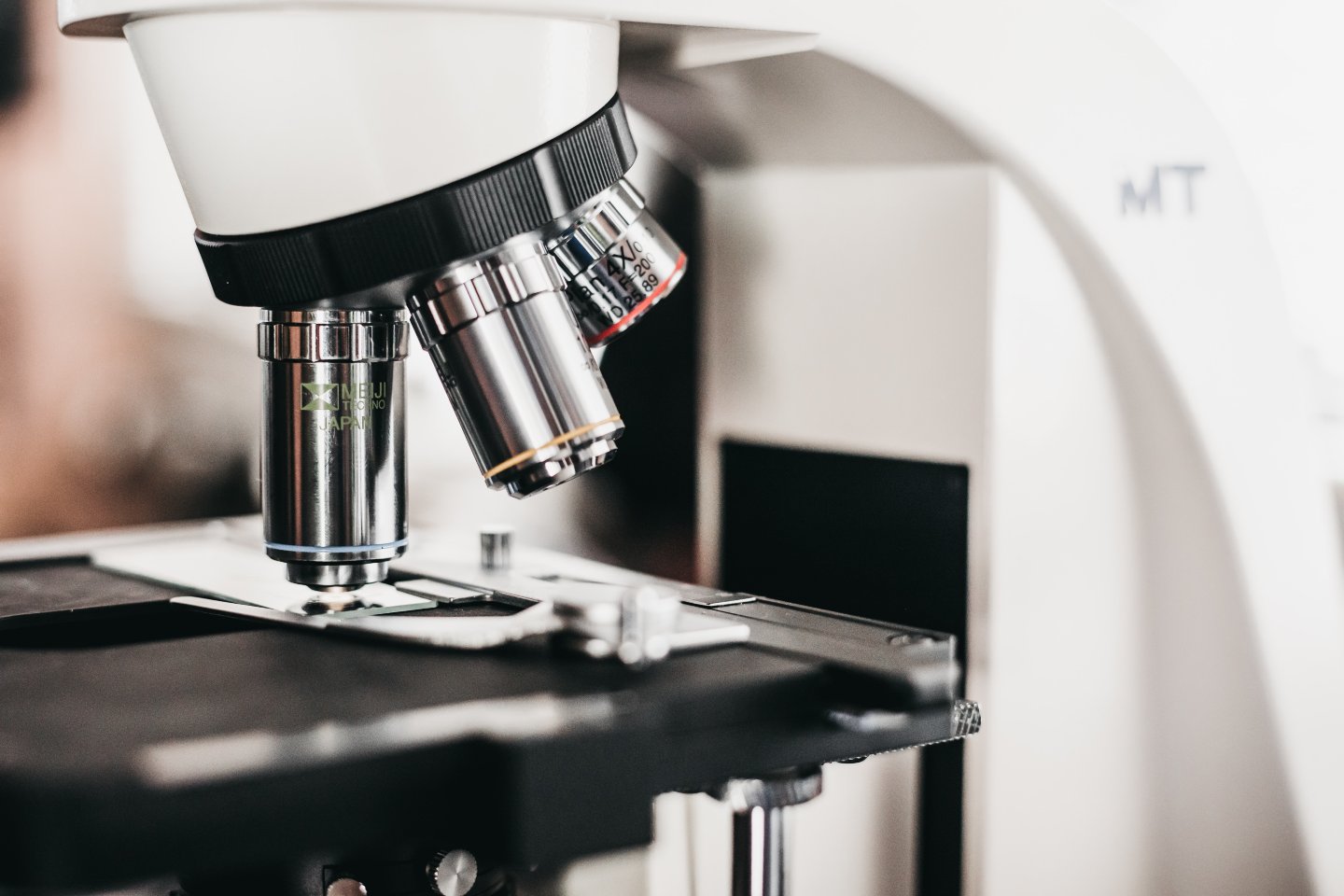Infinity Lithium has chalked off another breakthrough at its San José lithium project in Spain after a metallurgical test work program proved successful in scaling up the production of battery-grade lithium carbonate and hydroxide ahead of a looming feasibility study. The work is funded by EIT Innoenergy and aimed at developing a more sustainable refining technology for lithium mineralogies.


ASX-listed Infinity Lithium has chalked up another breakthrough at its San José lithium project in Spain after a metallurgical test work program proved successful in scaling up the production of battery-grade lithium carbonate and hydroxide ahead of a looming feasibility study. The work is funded by EIT Innoenergy and aimed at developing a more sustainable refining technology for lithium mineralogies.
Dorfner Anzaplan, a European industrial and speciality minerals producer, is conducting the metallurgical testing in Germany in collaboration with Infinity's technical advisory committee in Australia. The test results will assist the company in validating pre-feasibility study process assumptions and improving process design. The results are set to form the basis of a feasibility study into battery-grade lithium hydroxide production from a full-scale San Jose project.
According to Infinity the increased volume of battery-grade lithium chemicals was produced in accordance with the requirements of the feasibility study and took into account its use in end products ahead of potential offtake discussions.
The company says it also has saved about 0.8 kg of battery-grade lithium hydroxide for future product testing.
The subsequent testing phase will include locked cycle test work and the progression of engineering design criteria for the project feasibility study. The criteria will include an underground providing lithium bearing mica ROM to serve a fully integrated, on-site lithium chemical conversion plant capable of generating battery grade lithium carbonate and hydroxide.
Infinity CEO and Managing Director Ryan Parkin said:“The production of battery grade lithium hydroxide in the scale-up phase has highlighted the successful implementation of the innovative sulphate roast process in alignment to key EU ESG principles. We are looking forward to broadening discussions with end users in the progression of a fully integrated lithium-ion battery supply chain in Spain and the EU.”
Management says the conclusion and optimisation of the test work paves the way for it to file a string of provisional patents covering novel aspects of its sulphate roasting process. Furthermore, it argues, its lithium chemical conversion process has a significantly lower environmental impact compared to traditional methods and this could prove to be a key selling point in European markets where the carbon footprint of all materials used in a lithium-ion battery is measured.
Spain is one of the European Union's largest automakers, churning out over 2.3 million vehicles in 2021. In what will likely bode well for Infinity’s prospects, electric vehicle registration has shown signs of growth too, with numbers in the European Union now eclipsing those of the once favoured diesel combustion engines.
As the world appears to embrace all things with a lithium battery, Infinity Lithium might find itself in the presidential suite if its lithium chemical conversion process keeps serving up battery-grade lithium.
Is your ASX-listed company doing something interesting? Contact: matt.birney@businessnews.com.au













